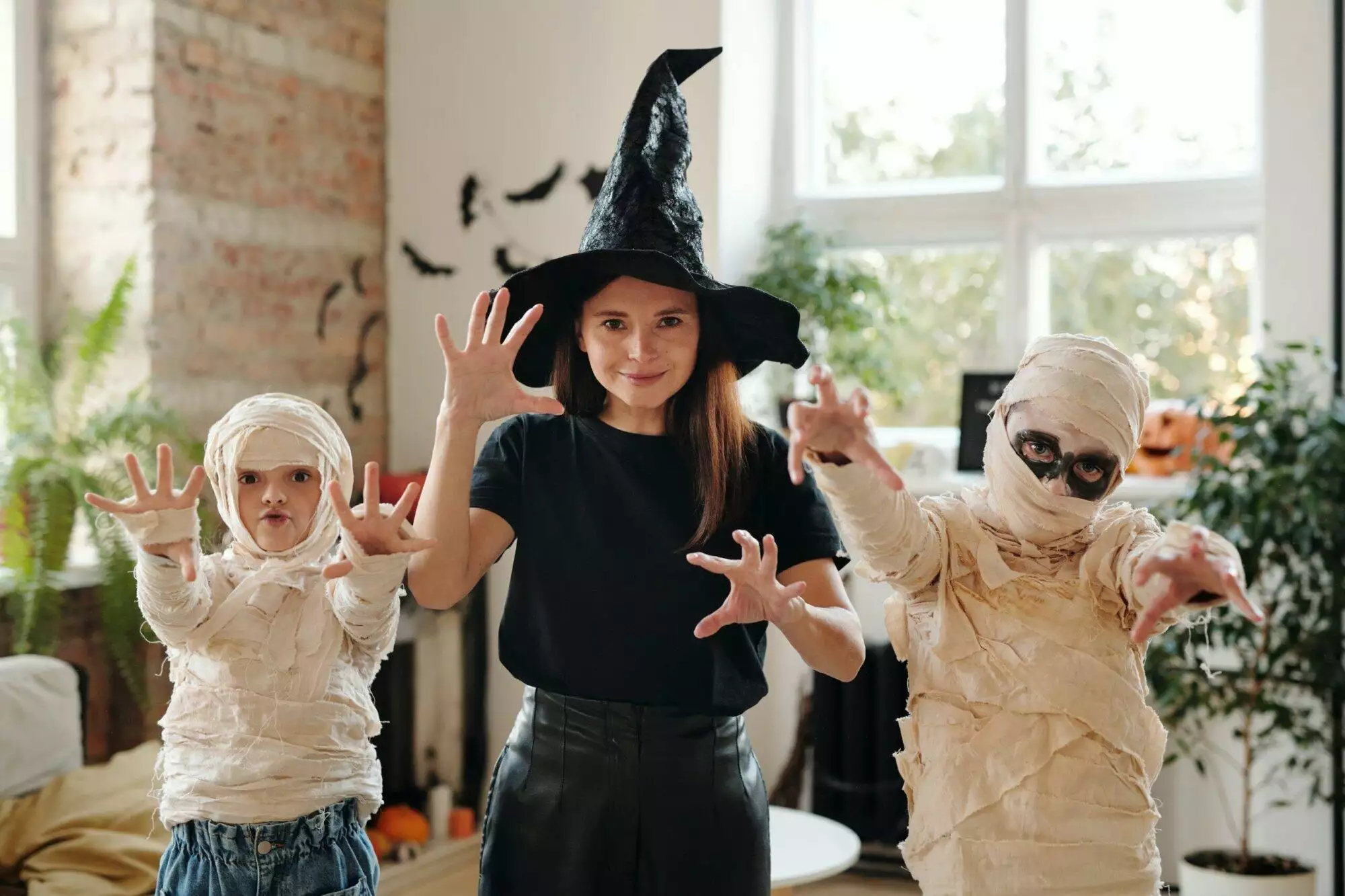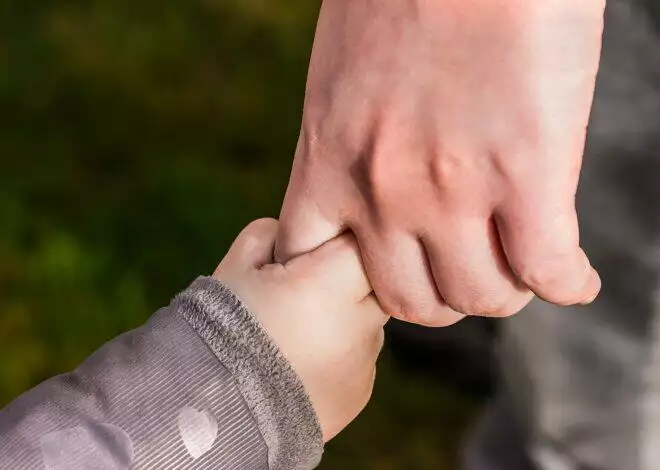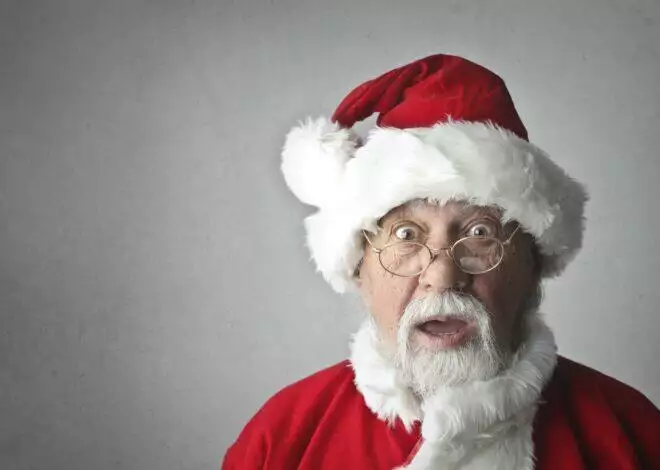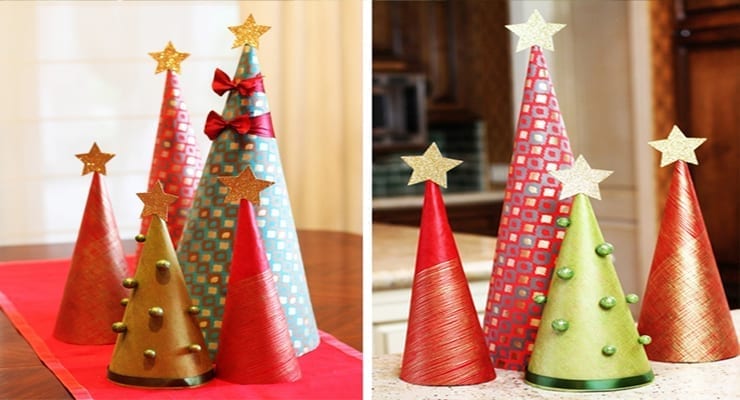It’s that time of year again! My very inquisitive six-year-old asked me why people dress up on Halloween. I was stumped. I am usually a reasonably informed mom with a quick story about all the cool things in history that have formed our current day celebrations. But not this time – I didn’t have any answers! Internet search time!
Where Does Halloween Come From?
How the question started
My son’s question got me thinking about the recent trend of schools and faith groups who stopped celebrating the holiday in favor of fall festivals. Like many others, our church decided to host a festival to prevent children from going out to celebrate traditional Halloween with trick-or-treating. II LOVED Halloween as a child. It was one of the most anticipated days of the year – the opportunity to get dressed up as anything I wanted, to be something else for a day or night and then to go out and have people give you candy all night long. Seriously: Does it get any better than that? I never questioned as a child or a teen the meaning of the holiday, or even how it came about. It was simply a wonderful time to be transformed and to pretend, one of the true glories of being a child.
The quest
I am sure that many parents have scrambled to understand the origins of this and many other holidays. So in my true seeker spirit, I went online to find some background. Here is what I uncovered:
Traditions
Like many other holidays, Halloween has evolved over the centuries, combining traditions from many different countries, cultures, and religions: Ancient non-Christian (pagan) practices combined with Christian beliefs, the traditions of European immigrants, and American film and literature combine to create the holiday we now know as Halloween.
The Origin
One strand of these origins can be traced back to the ancient Celtic festival of Samhain, which, on October 31, marked the eve of the New Year. All of the village fires were extinguished as part of the change from the old year to the new year; then one big communal fire was lit, from which other smaller clan/hearth fires were kindled. The date was also associated with the commemoration of the dead. Both good and evil spirits were thought to return to the living, and the gods played tricks on mortals. It was the best time of year to seek divine help in health, marriage, and other matters.
Historians say…
Many historians believe that medieval Christians tried to stop people from participating in pagan traditions by adding a Christian celebration to the calendar on the same date as Samhain. The Christian festival, the Feast of All Saints (later called All Saints’ Day), commemorates the saints of the Christian religion, just as tribute was paid to Celtic deities on Samhaim. The name of All Hallows’ Even (evening) for the night of October 31 (hallows being an old word for saints) evolved into the name of Halowe’en, or Halloween. Over time, Halloween became a mostly secular holiday and was heavily shaped by European immigrants to the United States.
Trick or Treat
The tradition of “trick or treat,” for example, harks back to traditions of giving alms on that night, especially in Scotland. Jack-o-lanterns date to an Irish legend about a farmer who was cursed by the devil and condemned to walk the earth at night with no light but a candle in a hollowed turnip. The association of witches with Halloween came from German immigrants, who brought with them the traditions of Walpurgisnacht, a night of mischief and mayhem when bonfires were lit for protection against evil spirits.
Costumes
Wearing costumes and masks at Halloween is part of the holiday’s pagan legacy: in an attempt to placate evil spirits, some people dressed in white and wore masks or blackened their faces. More recently, classic American and European fiction and horror films have deeply influenced the popular themes and imagery surrounding the holiday, from Frankenstein and Dracula to mummies, zombies, and the Grim Reaper.
Part of American culture
Given the part-pagan origins of Halloween, you can see why some Christians consider the holiday incompatible with their beliefs. Others emphasize the Christian traditions of All Saints’ Day. For most Americans, Christian and non-Christian alike, any distinctive pagan elements have long since blended into the rich mixture of American culture.
Beliefs
So, that leaves me with a question: Can you introduce a holiday – like Halloween — to your children, have them understand the many influences, and enjoy it within the context of what you do believe? I know I am certainly going to try. I want my children to enjoy the fun, creativity, and excitement while understanding that our beliefs and the beliefs of others co-exist in our very complicated world.





